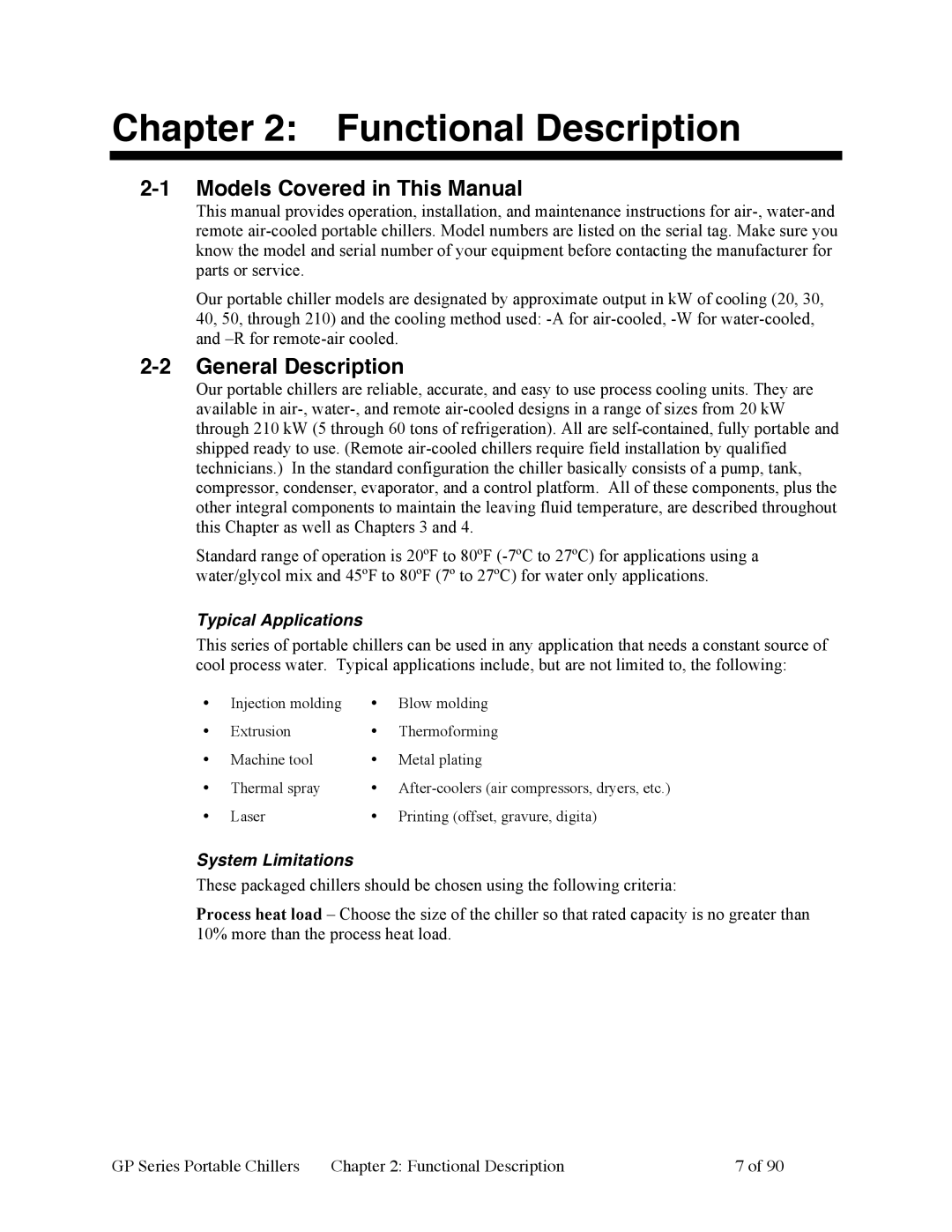882.93092.01 specifications
The Sterling 882.93092.01 is an impressive timepiece that exemplifies the perfect blend of artistry and precision engineering. This elegant watch is a testament to the craftsmanship that defines the Sterling brand, making it a sought-after choice for both watch aficionados and casual wearers alike.One of the main features of the Sterling 882.93092.01 is its exceptional movement technology. This watch is powered by a reliable automatic movement, ensuring accurate timekeeping without the need for battery replacements. The self-winding mechanism harnesses the natural motion of the wearer's wrist, providing a seamless and hassle-free experience.
The design of the Sterling 882.93092.01 is another standout characteristic. The watch features a stainless steel case that provides durability and a sleek aesthetic. The polished finish adds a touch of sophistication, making it suitable for both formal and casual settings. With a diameter that fits comfortably on the wrist, it is designed for effortless wear throughout the day.
Additionally, the face of the Sterling 882.93092.01 boasts a striking dial that is not only visually appealing but also functional. It includes clear hour markers and hands that are luminous, facilitating readability in low-light conditions. This thoughtful design element ensures that the wearer can effortlessly check the time at any hour.
Another notable aspect is the watch's water resistance. The Sterling 882.93092.01 is rated for water resistance, making it suitable for everyday wear, including light swimming and exposure to splashes. This feature enhances the watch’s practicality, allowing it to withstand the rigors of daily life without compromising its integrity.
Finally, the bracelet of the Sterling 882.93092.01 is crafted with comfort and style in mind. It features an adjustable clasp that allows for a customized fit, ensuring that the watch remains secure on the wrist. The combination of high-quality materials and impeccable design makes the bracelet an integral part of the overall charm of the watch.
Overall, the Sterling 882.93092.01 is more than just a timekeeping device; it is a statement piece that showcases exceptional design, reliable technology, and outstanding craftsmanship. Whether worn at special occasions or in everyday scenarios, this watch is bound to impress and stand the test of time.
